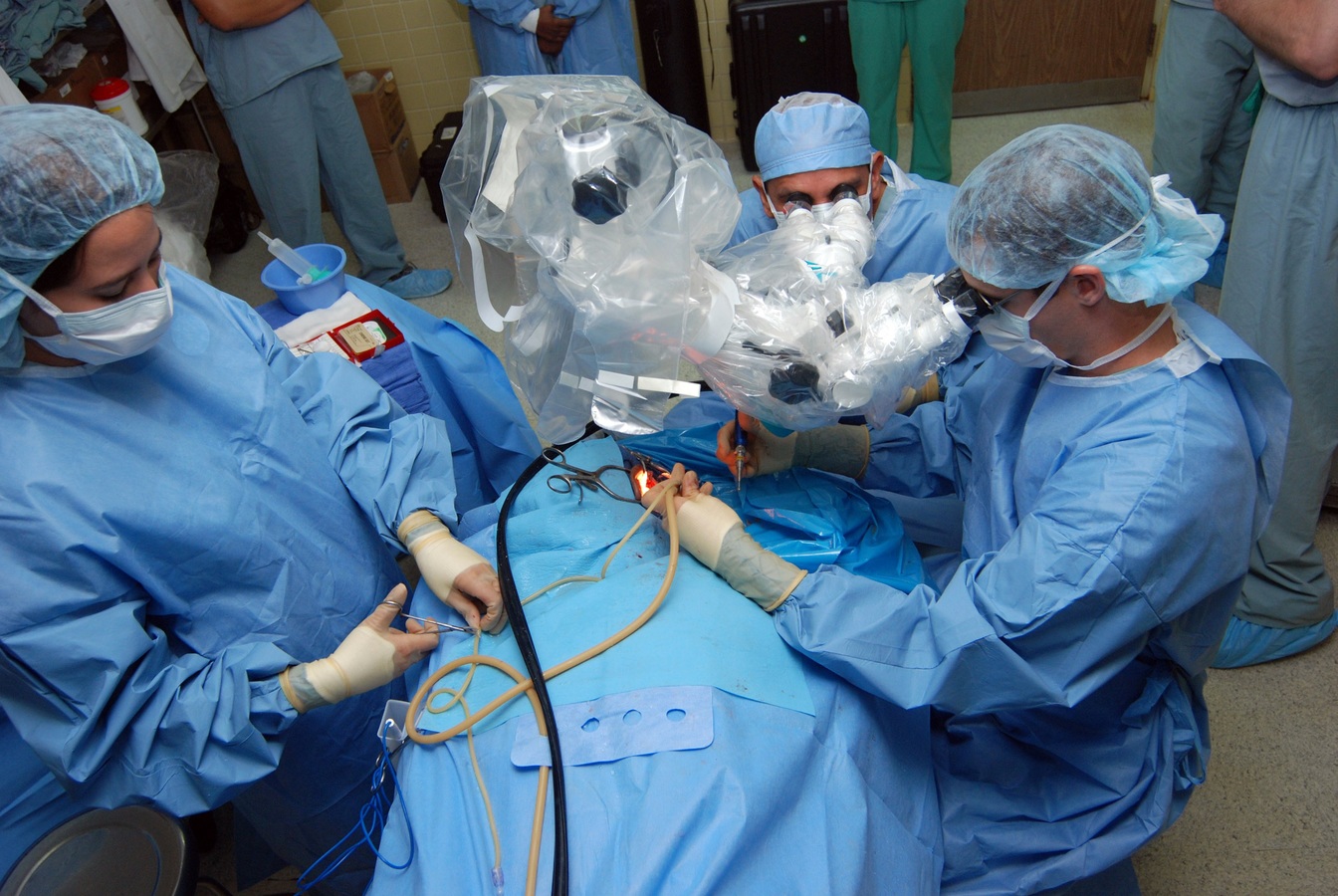In a medical negligence fatal injury compensation claim the solicitor’s client always comes first. The medical negligence solicitor’s top priority is to establish the defendant’s guilt, so that the claimant wil awarded maximum damages. All lawyers understand the financial difficulties of the family of the deceased who relied on their income and will struggle to get by without it. Almost all lawyers who deal with medical negligence will zealously represent their client and will provide professional legal advice combined with support and sensitivity.
Specialist personal injury solicitors have extensive experience in helping those who have lost a family member due to medical negligence. Fatal injury compensation claims involve not only speaking for the family, but also speaking for the victim who has passed away. Fatal injury claims can be complicated matters and it is important to instruct a specialist solicitor who is qualified to handle all matters related to fatal injury claims. Most solicitors will provide free initial advice on fatal accident claim settlements. The majority of medical negligence solicitors are to be found in the population centres of Adelaide, Brisbane, Canberra, Melbourne, Perth, Darwin, and Sydney
Evidence Preservation
The importance of preserving evidence to use in a fatal injury compensation claim cannot be over emphasized. With the deceased victim unable to speak for themselves, a thorough investigation into the facts is needed. As time goes by, evidence can be lost and witnesses can forget important details. It is important to act quickly. Instructing a medical solicitor as soon as possible increases the chances that a fatal injury compensation claim will be successful. Solicitors in Australia have access to a wide range of professionals whose expertise and investigational skills can help bolster your claim. The sooner the claims process is started, the sooner it will be over so that family members can move forward with life.
Coroners Inquest
Dependents are well advised to seek the assistance of a solicitor during the inquest. Inquests are a public enquiry relating to death. Relatives of the victim can attend the inquest and may be able to ask questions of witnesses who testify. Relatives also have a right to be represented by a solicitor. The outcome of the inquest and the Coroner’s ultimate decision may have a large impact on whether or not a medical negligence compensation claim will be successful. An experienced personal injury solicitor can help ensure that the correct questions are asked and that legal rights are protected.
A coroner is a professional, generally qualified as either a doctor or a lawyer, who investigates in detail the circumstances of death. A coroner has the authority to request a post-mortem examination in some circumstances particularly if death was unnatural or if the death has been caused by a third parties negligence which may give rise to a potential compensation claim.
Fatal Accident Law
There are statutes in place that govern fatal injury compensation claims involving the negligence of a third-party. The legislation enables the dependents of the deceased victim to take legal action against the individual or individuals responsible. A wrongful act, negligence or default can all result in a person being held legally responsible for the victim’s death with ensuing responsibilities to pay dependents compensation for their financial losses.
Dependents
The law defines the individuals who are considered dependents for purposes of fatal injury compensation claims. Dependents include (but are not limited to) spouses, partners, children, parents, grandparents and grandchildren. Dependents are entitled to compensation for the financial contributions the victim made to the household, as well as compensation for the services, such as childcare, the victim provided. The victim’s dependents may also be eligible to receive a sum for bereavement and compensation for funeral expenses. The other half of a fatal injury compensation claim is made on behalf of the victim. Even though the victim is deceased, compensation can still be awarded for their injuries including pain and suffering.
A `dependent’ is generally the deceased’s spouse or common law spouse, children and more broadly anyone who has evidence that they relied on the deceased for financial support that they would have continued to receive if the deceased was still alive.
Compensation
Compensation in a fatal accident claim includes a sum for bereavement, funeral expenses and associated costs.
Compensation may also be available for the deceased’s pain and suffering and other less tangible losses, associated with the death.
More extensive costs include those tied to the loss of services of the deceased and compensation for the deceased’s contribution to family income and family pension plans that the dependent parties rely on.
For full and detailed advice on fatal injury caused by medical negligence you should contact a lawyer in Adelaide, Brisbane, Canberra, Melbourne, Perth, Darwin or Sydney
